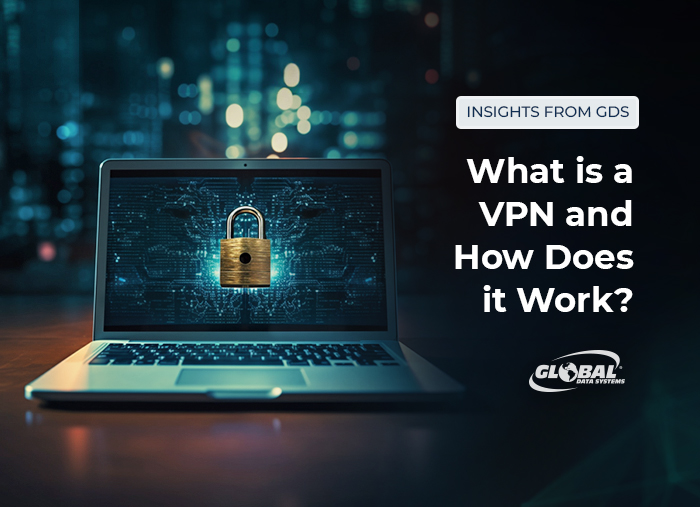What is a VPN and How Does it Work?
Billions of people worldwide use the Internet daily to send and receive information for personal and professional purposes. However, most have concluded that it is impossible to ensure the privacy of these transmissions. In a recent global survey by Statista, 63 percent of respondents said they consider privacy risk to be an acceptable tradeoff for the convenience of online communications.

That need not be the case. Virtual private networks (VPNs) allow users to significantly enhance the security and privacy of their online activities. Yet, even though the technology is nearly three decades old, most Internet users say they don’t fully understand what a VPN is or how it works. We’ll cover some of the basics with this blog post.
What is A VPN?
A VPN, or virtual private network, is a service that allows your browser to connect to websites through a server, which changes your apparent location and hides your IP address. VPN technology creates encrypted connections over the Internet, enabling users to send and receive data as if their devices were directly connected to a private network such as their company’s internal network. VPNs effectively shield your data from unauthorized access as it traverses the Internet.
Encryption: Keeping Communications Secret
Without encryption, online communications such as emails, files, web pages, and voice and video communications are visible to anyone with the tools to monitor Internet traffic. That includes Internet Service Providers, law enforcement and, of course, hackers. Think of it as sending a postcard to a friend —along the way, anyone from the letter carrier and the mail sorter to the recipient’s roommates could read it.
VPN stands for Virtual Private Network and hides your IP address.
With encryption, it is more like sending a letter in a sealed envelope. But even with the content hidden, important information such as sender and receiver addresses remains exposed. With online activity, someone could still capture important metadata such as your name, company, geographic location and IP address.
A key feature of VPNs is their ability to mask your IP address, which makes it more difficult for websites, advertisers or malicious actors to track your online activities. This not only enhances your online privacy but also enables you to appear as if you are accessing the Internet from a different location.
A Layer of Anonymity
A VPN does this by creating a dedicated, point-to-point tunnel between two endpoints. To extend the mail metaphor, it would be like using a specialized shipping service such as FedEx or UPS. Instead of dropping your letter in a mailbox, you’d seal it in a tamper-proof envelope that the service delivers directly to your intended recipient.
The shipping service not only takes your package but also changes the return address to its own address. This is similar to how a VPN masks your IP address. The destination website or server sees the VPN server’s address instead of your address, adding a layer of anonymity. The VPN server could be in a different city, state or country. The server decrypts the data and forwards it to its intended destination, whether that’s a website, server or another device.
Just as the service would require the recipient to provide identification, a VPN requires recipients to provide a combination of credentials to prove their identity. In addition to a password and username, this might include digital certificates, tokens or biometric authentication.
Importance of VPNs in Work from Home & Remote Employees
Maintaining the confidentiality of online communications has become especially important with the surge in remote & mobile work. Privacy risks are heightened with more users relying on public Wi-Fi networks to access corporate networks from diverse locations. VPNs play a pivotal role by encrypting data transmissions and safeguarding sensitive information from potential cyber threats and unauthorized access.
Let GDS Configure & Implement VPNs for Your Business
Secure your business in the remote work landscape. Choose GDS for expert guidance, robust encryption, and a shield against cyber threats. Contact us to learn more about selecting, implementing and using a VPN to improve your online privacy.
Benefits of Managed IT Services from Global Data Systems
- Strategic Managed IT: We help you solve your technology related business problems.
- Connectivity: We get you reliable, secure connectivity anywhere in the western hemisphere in 48 hours.
- Support: When you need help simply call our 24x7x365 support number.
- Billing: Instead of managing hundreds of vendors - get one, easy to read bill from GDS.
Contact Managed Services Provider, Global Data Systems >
